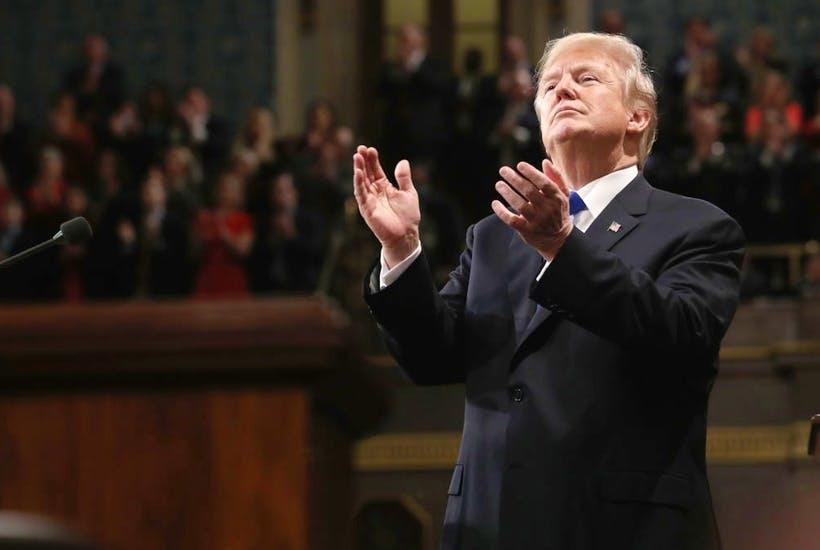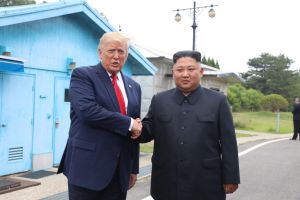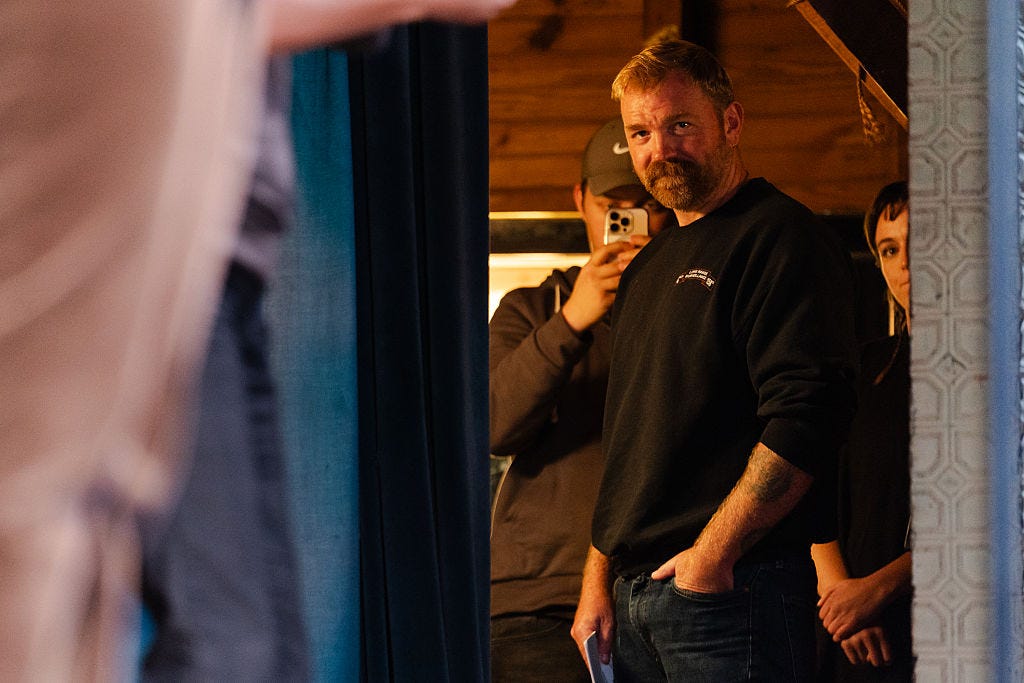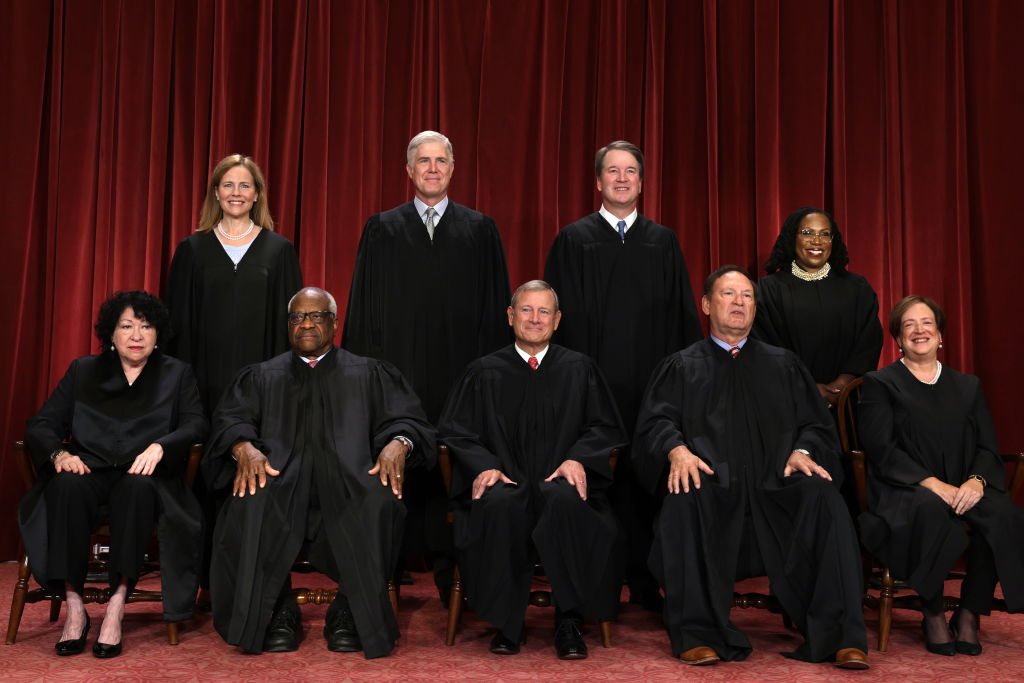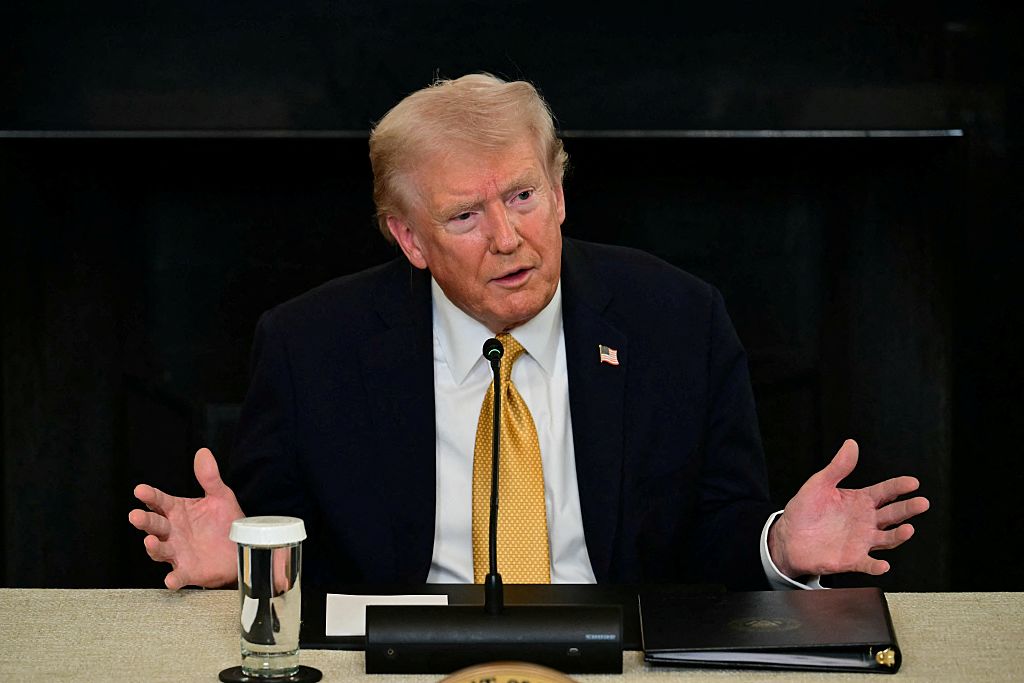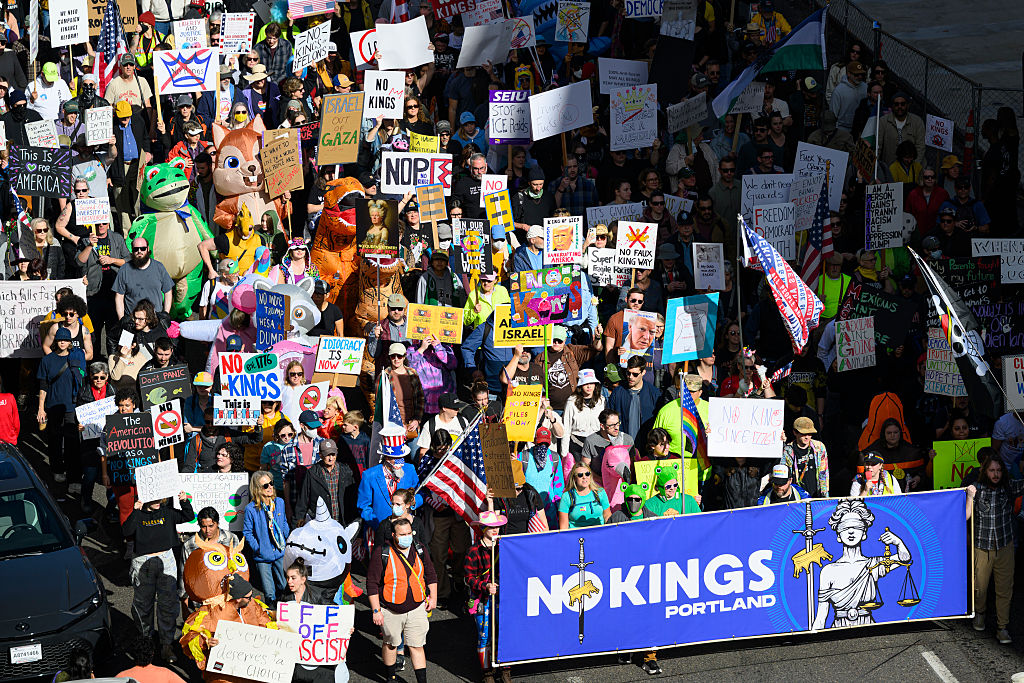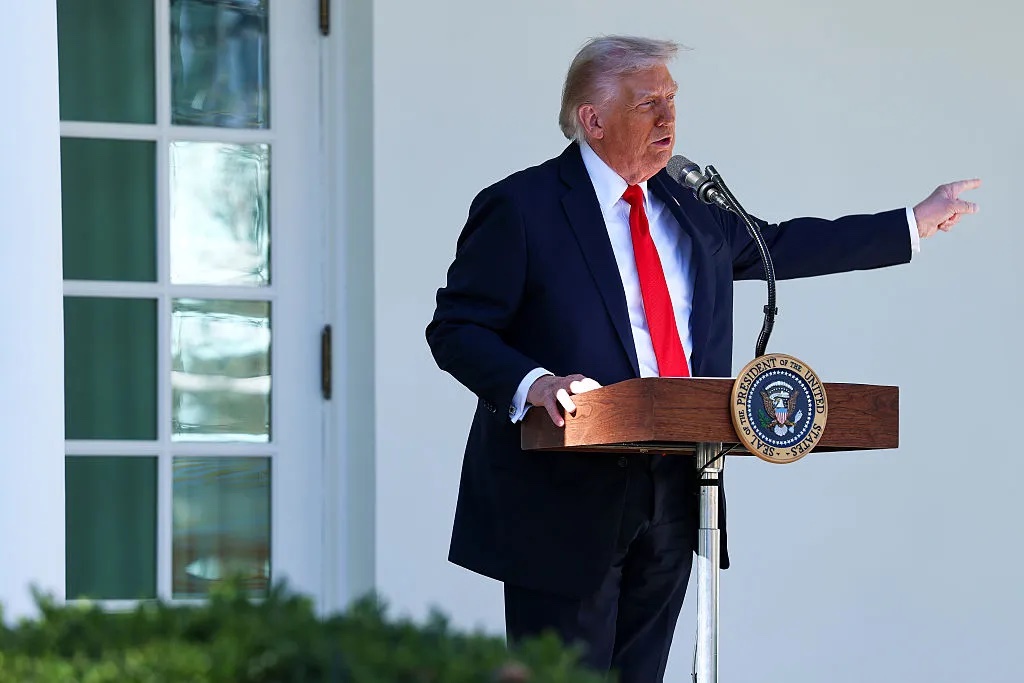Donald Trump had a lot to prove during his first ever State of the Union address this week. He had to demonstrate to the millions of Americans watching on television that he could deliver a semi-unifying and presidential speech and stay in one place for more than an hour without diverging into tangents. He had to show his Republican colleagues on Capitol Hill that he is a take-charge kind of guy — somebody who has bold, transformational plans for America’s infrastructure and for the country’s immigration system. To Democrats and independents, he wanted to exhibit a kind of conciliatory persona, not one of his favourite character traits. And to the president himself, it was a time to bask in the glory of the historic House chamber and brag about tax cuts and the booming stock market.
The State of the Union hangover, however, usually lifts within the first twenty-four to forty-eight hours. Once all of the stories are posted and analysis is written, the patriotism, applause, pomp and circumstance wears off. Lawmakers head back to work, their briefcases in one hand and their cell phones in the other, wondering whether the address will result in new legislation. The partisanship, already at an all-time high in the Trump era, will return as quickly as it left. Democrats will shout at Republicans and Republicans will shout right back. Trump will start scrolling through Twitter and watching hours of cable television in the mornings before he clocks in for work. And to the dismay of every American, the hovering cloud of gridlock over Washington will return as dark in colour as it has ever been.
Those concentrating excessively on President Trump’s first State of the Union have it mostly wrong. The story is not what Trump decided to include in the speech or whether he attempted to heal the national divide that he helped create, but whether any of the proposals he announced will see the light of day. If Senate Democrats follow through with their opposition, Trump’s immigration proposal — £17.6bn ($25bn) of border wall funding, an end to family-based migration, and the termination of the diversity visa lottery system in exchange for the legalisation of 1.8 million illegal immigrants — will die a quick but painful death. Ohio senator Sherrod Brown, one of the Democrats who represents a state Trump won in 2016, complained after the address that Trump’s rhetoric on immigration was gold for the populist base and coal for everyone else. ‘I’ve never seen a president that cares nothing about reaching out to people that didn’t vote for him’, Brown told Politico. If a Democratic senator in a red state is not willing to budge from his position, how likely is it that a Democrat representing California or New York will come along for the ride?
The one proposal Trump outlined that has at least a marginal chance of passing Congress is the £1.1 trillion ($1.5 trillion) infrastructure package. Travel around America today, and you will quickly see why so much taxpayer money is required; the bridges are crumbling, the New York City subway system is dilapidated, highways are clogged, and roads are shoddy. Pumping funds into rebuilding the nation’s transportation system is popular from the Bernie Sanders wing of the Democratic Party to the Rand Paul faction of the GOP. The question, of course, is how to pay for it and how much additional national debt will be accrued in the process. If Democrats and Republicans are unable to figure it out amongst themselves, Americans will eventually be driving on gravel.
Then there is the acrid smell of scandal that will continue to envelope the White House. While Trump and his speechwriters may have hoped that positive coverage after the address would drown out some the drip-drip of the Russia investigation, those hopes proved to be folly almost immediately. About 19 hours after Trump delivered his remarks, CNN published a report describing a meeting the president had with deputy attorney general Rod Rosenstein – the supervisor of Special Counsel Robert Mueller’s investigation – in which Trump asked the number two justice department official whether he was on the Trump team. Mueller, meanwhile, is preparing to probe the president personally on the obstruction of justice question, which means that the White House may be as busy defending Trump as it is promoting some of its policies on Capitol Hill.
Will Washington change after Trump’s State of the Union address? Hardly. These kinds of events are no longer as important in the modern era as they were in the times of George Washington or Thomas Jefferson. But, in fairness, George Washington had the benefit of living in a time when American politics was all about building a new nation. If he suddenly woke up today and saw how unproductive the capital city has become, he might well roll back in his grave.



